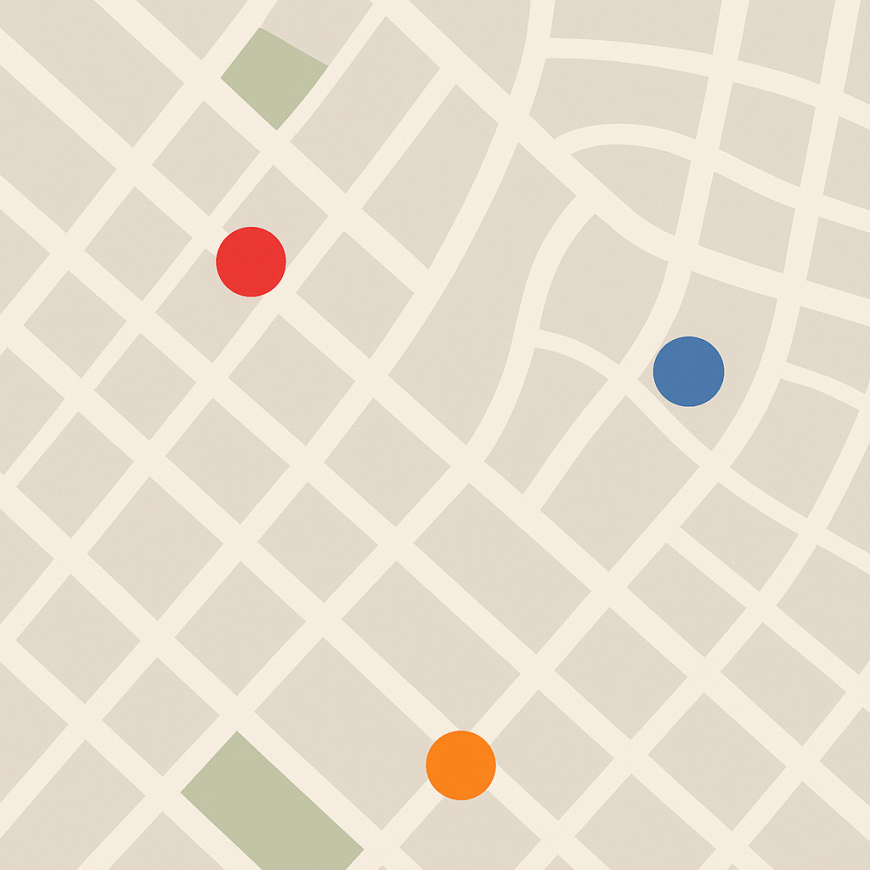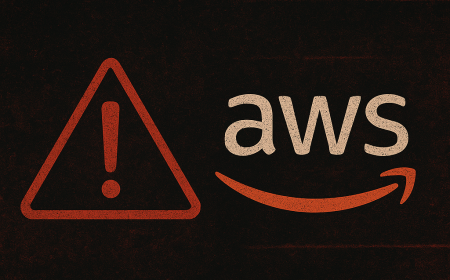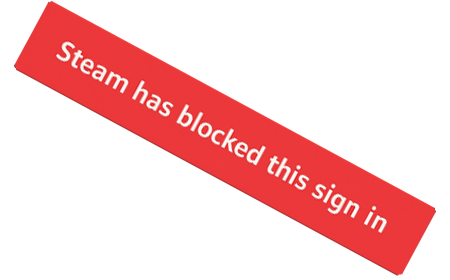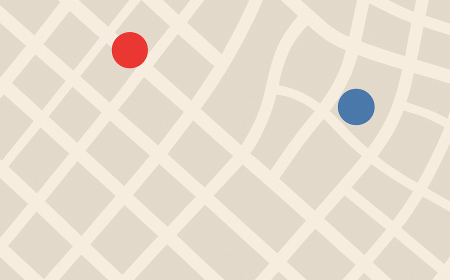Tracking Isn’t Parenting But It Can Save a Life
Tracking your child does not automatically make you a helicopter parent. Sometimes, it is the right call. But constant surveillance destroys trust and privacy, and every tracking app you install creates new risk. If you must track, do it transparently, with consent, and for clear safety reasons only.

TL;DR
Tracking your child does not automatically make you a helicopter parent. Sometimes, it is the right call. But constant surveillance destroys trust and privacy, and every tracking app you install creates new risk. If you must track, do it transparently, with consent, and for clear safety reasons only.
Let's Be Honest: Tracking Is a Double-Edged Tool
Every parent worries. The walk to school, the late bus, the phone that suddenly goes silent. Fear kicks in. That is normal. Technology makes it easy to ease that fear. Google's Find My Device, Apple's Find My, and apps like Life360 can show where your child is in seconds.
Used correctly, these tools can prevent panic, locate a missing child, or reassure both parent and kid in a risky situation. But when used constantly, they stop being protection and start being control.
Life360, for example, can send alerts when your child arrives home, leaves school, or even steps outside a marked zone. This can help when your child walks alone or lives near unsafe areas. But if it becomes routine, that same alert becomes a leash. Anyone with access, such as a relative, hacker, or third-party data partner, could use it to locate the child directly.
The Problem Isn't Parents, It's Overreach
This is not about shaming parents who care. The fear of losing a child is real. But tracking all the time teaches the wrong lesson: that safety comes from surveillance, not communication or trust.
Here is what most parents do not realize:
- Phones already track by default. Apple and Google both collect location data unless you turn it off.
- Apps store logs. Most parental control apps save movement history that can later be stolen or sold.
- Kids adapt. Once they know they are watched, they hide, lie, or disconnect entirely.
Protection should not come at the cost of privacy or family trust.
When Tracking Makes Sense
Tracking can be justified in a few situations, such as:
- The child has a history of running away.
- The neighborhood or school route is unsafe.
- The child is too young to contact help alone.
- There is an active emergency like a kidnapping risk, custody dispute, or natural disaster.
In these cases, explain the reason and set limits. Tell the child how long tracking will be active and what data is collected. Openness teaches responsibility. Hiding it builds fear.
Alternative safety options: There are also personal safety tools that protect kids without invading their privacy. One example is a personal alarm (previously known as a rape alarm). These compact devices emit a loud sound when activated, drawing attention from nearby people and scaring off potential threats. Unlike GPS tracking, they do not record or share data. They give kids immediate help without giving away their daily routine.
How To Use Tracking Safely
- Make it temporary. Track only during risk periods.
- Disable history. Use tools that do not store long-term travel logs.
- Secure access. Only verified parents or guardians should have logins.
- Use alerts for emergencies only. Home or school alerts should be exceptions, not a routine.
- Communicate. Teach your child why tracking exists and why it will stop when the risk ends.
Tracking should be a backup plan, not the default state of parenting.
The LoadOut Stance
LoadOut News supports technology that protects children without removing their autonomy. Tracking should be a safety feature, not a control feature.
We believe:
- Parents have a right to protect their children.
- Children have a right to privacy and respect.
- Technology should balance both, not sacrifice one for the other.
Family Tech Agreement (Example)
Tracking will only be used for emergencies or proven risk situations.
It will be turned off once the danger has passed.
Access will be private, secure, and reviewed regularly.
Safety is cooperation, not surveillance.
Final Thought
Protecting a child is about awareness, not ownership. If you must track, do it responsibly, with limits and transparency. Because protection that replaces trust is not protection at all.
What's Your Reaction?
 Like
1
Like
1
 Dislike
0
Dislike
0
 Love
0
Love
0
 Funny
0
Funny
0
 Angry
0
Angry
0
 Sad
0
Sad
0
 Wow
0
Wow
0







